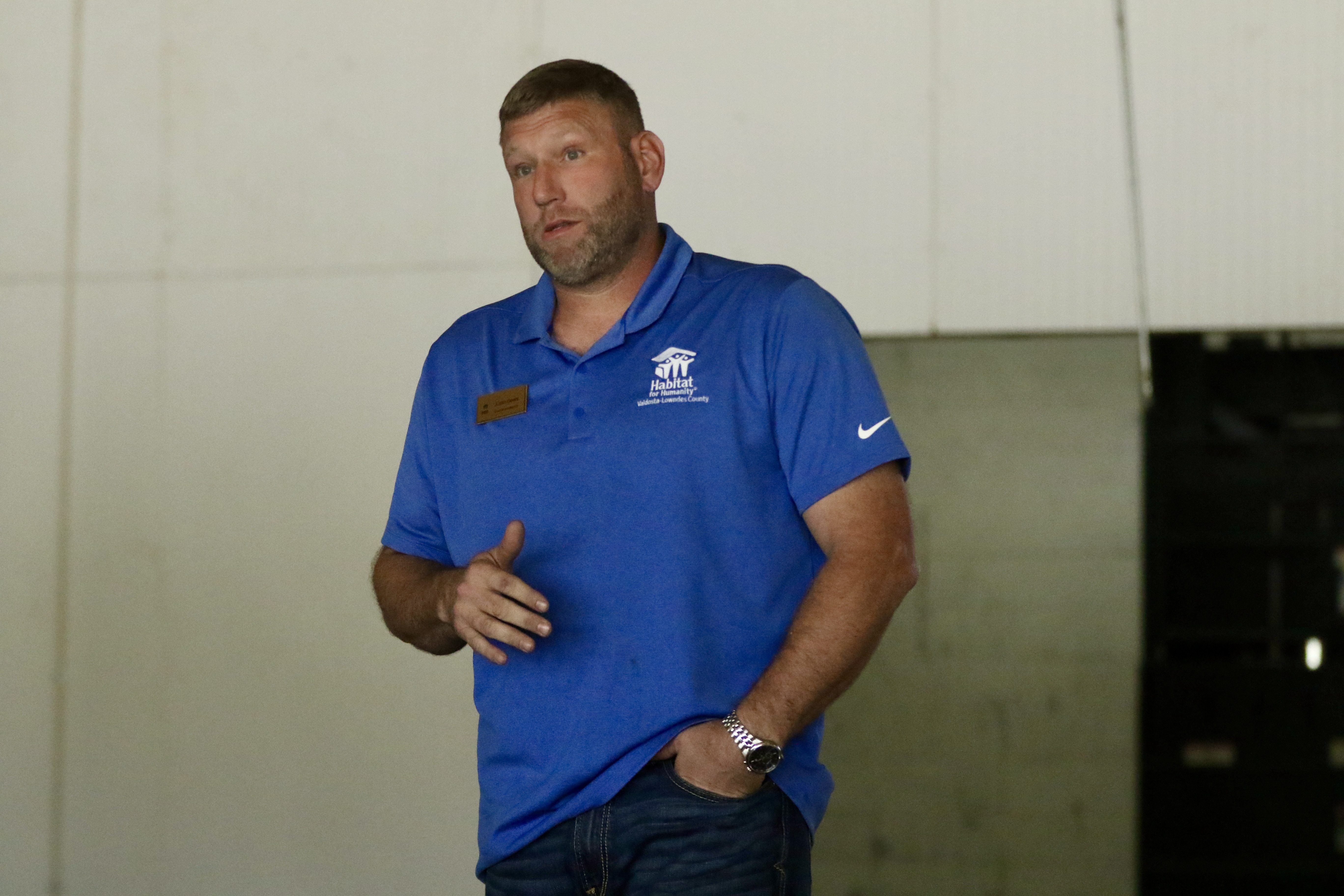Crossover Day: Some bills live, while others floundered
Published 2:00 pm Friday, March 13, 2020

- The Capitol Building bustles with lawmakers and lobbyists on the first day of the 2020 legislative session in Atlanta on Jan. 13.
ATLANTA — While Crossover Day was dominated with COVID-19 headlines, lawmakers still worked late into the night to get bills passed to the other chamber.
The Senate passed harsh hazing laws and education requirements around vaping while the House passed HIV criminal justice reform and taxes on short-term rental providers. Both chambers passed coal ash bills and requirements for employers to allow employees breaks to pump breast milk.
All the bills that passed must make it through the chamber on the opposite side of the hall before they can go to the governor’s desk.
With session on hold amid coronavirus concerns, it is unclear when the General Assembly will pick back up to get legislation turned into law.
But not all bills made the cut. Here is a round-up of the most notable bills that passed a floor vote and those that did not.
House revives Hidden Predators Act
The last bill on the House floor came past midnight Thursday into Friday and was legislation reviving the Hidden Predators Act.
The legislation would extend the statute of limitations for victims to bring a lawsuit to age 38 from 23 or within two years of any age that a victim recalled past abuses through “delayed discovery” — previously repressed memories that resurfaced.
It also creates a year-long window period for victims to file suits against institutions or organizations that may have known about the abuse but did nothing in response.
The legislation was considered last fall in a study committee, where critics noted concern the provision allowing suits against organizations would harm current administrations for the mistakes of past administrations.
The new statute of limitations would go into effect July 1.
The bill passed 147-5.
House passes bill on HIV criminal justice reform
The House voted to approve HIV criminal justice reform of laws critics call outdated and harmful.
Rep. Deborah Silcox, R-Sandy Springs, and Rep. Sharon Cooper, R-Marietta, championed the legislation.
“It is my sincere hope that this bill will reduce the number of cases in Georgia and that one day soon, we can eliminate HIV in Georgia and in our country,” she said on the House floor.
Current law makes having sex or giving blood without disclosing HIV status a felony punishable by up to 10 years in prison.
Under the bill, it would only be illegal to knowingly transmit HIV. The criminal penalty would be lowered to up to five years in prison.
The bill passed 124-40.
House passes bill creating teacher tax credit
After lots of tweaks, the House passed a bill to incentive teachers to teach at rural and turnaround schools with a tax credit.
Under Rep. Dave Belton’s bill, Georgia teachers who teach at schools with the highest need across the state can earn a $3,000 tax credit for up to five years.
The bill passed 158 to 2.
House passes bill regulating EMC utility pole attachment fees, Senate stalls similar bill
While its Senate counterpart was killed Thursday, a House bill regulating state electric membership corporation utility pole attachment rates passed the House. Lawmakers had hoped legislative efforts allowing EMCs to sell internet along with power would spur the spread of rural broadband throughout the state.
But with results lower than expected lawmakers looked to incentives cable companies in a different way. Rep. Ron Stephens, R-Savannah, introduced the legislation that would allow the Public Service Commission to set a predetermined blanket pole attachment rate for state’s EMCs.
The PSC can make the decision with “no floor or ceiling,” he said.
Rep. Don Parsons, R-Marietta, spoke against the bill. He said lowering the price EMCs can charge for pole attachments isn’t going to incentivize their spread to rural areas.
“As far as promoting and advancing broadband deployment anywhere,” he said, “this isn’t going to do it.”
The bill passed 116 to 44.
Senate passes bill mandating vape education, efforts flounder in House
While vaping efforts stalled in the House, the Senate passed a bill mandating e-cigarette education be added to drug and alcohol curriculum in schools and ban vaping altogether in school zones.
Sen. Jeff Mullis, R-Chickamauga, introduced the legislation that raises the legal age to purchase tobacco and e-cigarette products to 21 matching federal requirements.
The bill passed unanimously.





